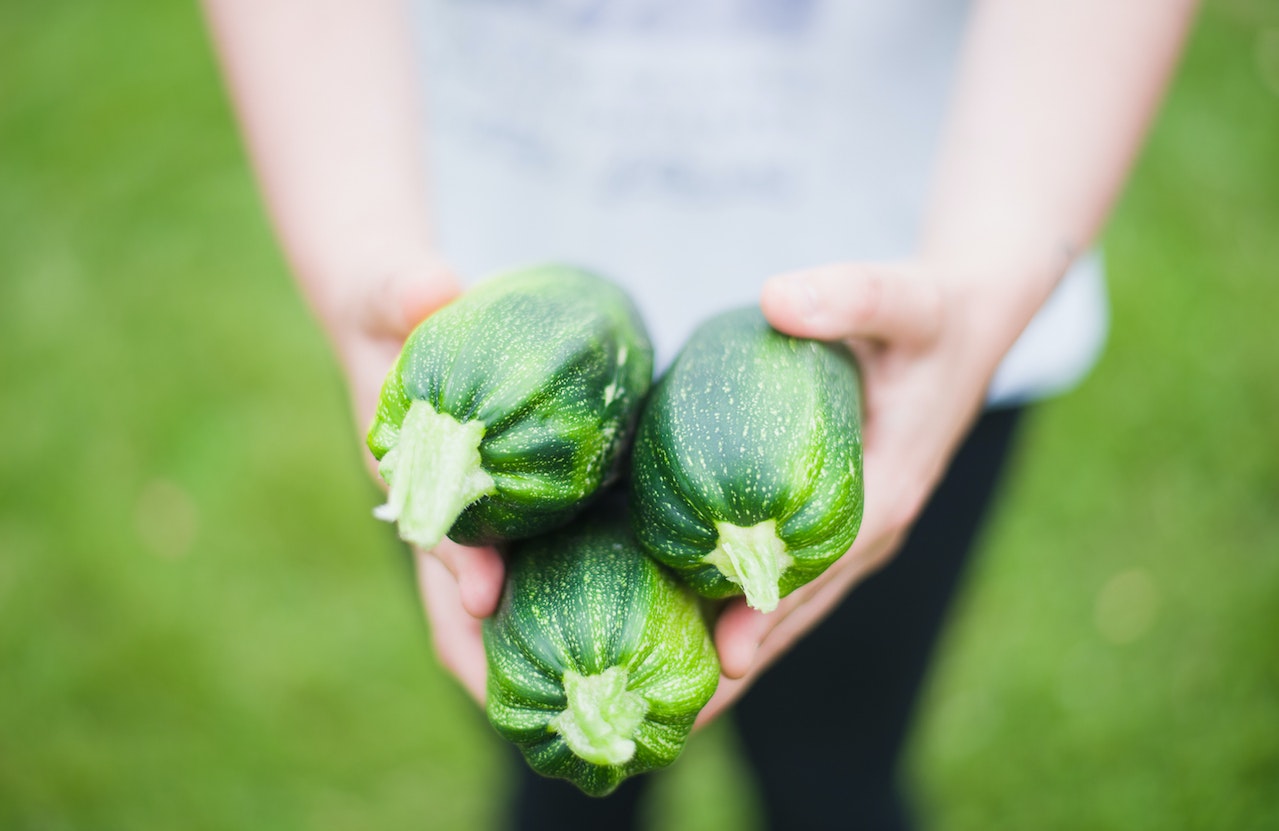If you’ve ever experienced the disappointment of seeing your zucchini squash start to grow, only to witness them turn brown and rot prematurely, you’re not alone. Several factors can contribute to this issue, but the good news is that with some understanding and proper care, you can help your zucchinis thrive and produce delicious fruits. In this article, we’ll explore the potential causes behind this problem and provide actionable solutions to get your zucchini plants back on track.
The Importance of Pollination
One of the primary reasons your zucchini squash may be failing to mature is poor pollination. Zucchini, like many other plants, relies on pollinators such as bees to transfer pollen from the male flowers to the female flowers. If the female flowers are not adequately pollinated, the fruits will start to grow and then abruptly shrivel up and die. Rainy weather can be a major factor contributing to poor pollination, as bees and other pollinators are less active during such conditions.
To encourage proper pollination and increase the chances of successful fruit development, it’s essential to create a pollinator-friendly environment. Consider planting flowers that attract bees and other pollinators near your zucchini plants. Additionally, you can hand-pollinate the female flowers using a small brush or cotton swab to transfer pollen manually.
Understanding Blossom-End Rot
Another potential culprit behind your zucchini’s premature demise is blossom-end rot. This physiological disorder is not limited to zucchini but can also affect tomatoes, peppers, eggplants, and other summer squash varieties. With blossom-end rot, the end of the fruit opposite the stem starts to rot, eventually causing the entire fruit to decay rapidly.
The primary cause of blossom-end rot is a calcium deficiency in the developing fruit. However, adding calcium directly to the soil is often unnecessary and may not resolve the issue. Instead, you can take several preventive measures to address this problem effectively.
Tips for Preventing Blossom-End Rot
- Maintain Consistent Moisture: Ensure your zucchini plants receive a consistent and even moisture supply, especially during dry weather. Water the plants once a week, or as needed, to prevent fluctuations in moisture levels, which can hinder calcium uptake.
- Avoid Over-Fertilizing: While fertilizing your plants is essential for their growth, excessive nitrogen can inhibit calcium absorption. Be mindful of the amount and type of fertilizer you use and consider using a balanced fertilizer with appropriate levels of nutrients.
- Mulch: Apply a layer of organic mulch around the base of your zucchini plants to retain soil moisture and regulate temperature. This can help maintain a stable environment for the roots and promote healthy fruit development.
By following these tips and providing your zucchini plants with proper care and attention, you can minimize the risk of poor pollination and blossom-end rot. Remember that gardening involves a learning process, and it’s normal to encounter challenges along the way. Observing your plants closely and taking proactive steps will not only save your zucchini crop but also lead to a more rewarding gardening experience.
In conclusion, don’t let the frustration of seeing your zucchini fruits wither away deter you from enjoying this delightful summer squash. With the insights shared in this article, you can take charge of your zucchini’s well-being and savor the joy of harvesting your homegrown produce. Happy gardening!
FAQs (Frequently Asked Questions)
1. Why are my zucchini squash growing but then turning brown and rotting?
If your zucchini squash is starting to grow but then suddenly turns brown and rots, there are two possible reasons for this issue. One common cause is poor pollination. Zucchinis rely on pollinators like bees to transfer pollen from male flowers to female flowers for successful fruit development. Inadequate pollination can result in the fruits beginning to grow and then withering away.
2. How can I improve pollination for my zucchini plants?
To enhance pollination and increase the chances of your zucchinis maturing properly, you can take a few steps. First, create a pollinator-friendly environment by planting flowers that attract bees and other pollinators near your zucchini plants. You can also try hand-pollination by transferring pollen from male to female flowers using a small brush or cotton swab.
3. What causes blossom-end rot in zucchini, and how can I prevent it?
Blossom-end rot is a physiological disorder that affects the end of the fruit opposite the stem, causing it to rot. The primary cause of blossom-end rot is a lack of calcium in the developing fruit. To prevent this issue, ensure your zucchini plants receive consistent moisture by watering them once a week during dry weather. Avoid over-fertilizing the plants, as excessive nitrogen can hinder calcium uptake. Applying a layer of organic mulch around the base of the plants can also help retain soil moisture and regulate temperature, reducing the risk of blossom-end rot.

Leave a Reply